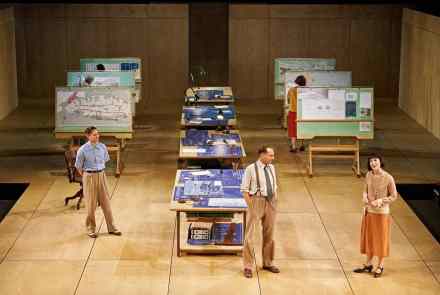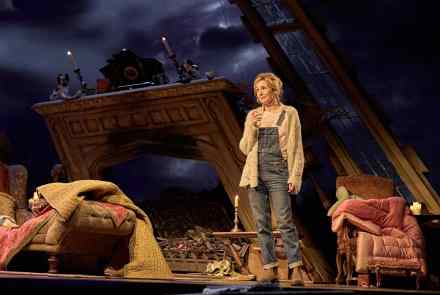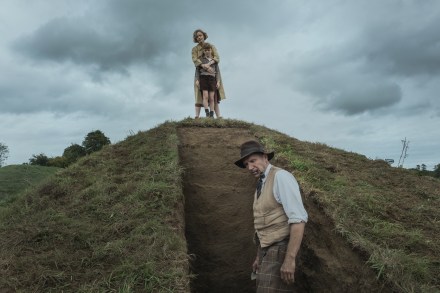A compelling, if pitiless, journey: The Forgiven reviewed
The Forgiven is based on the novel by Lawrence Osborne and stars Ralph Fiennes (terrific) and Jessica Chastain (ditto) as a wealthy British-American couple driving to a weekend-long party in a luxurious Moroccan desert villa when they hit and kill a young local boy on the road. Oops. What the film adds up to, I cannot say, as it isn’t clear. Who is forgiven? Is anybody? It’s ethically ambiguous and you have to do your own moralising, which is always a drag. (Note to filmmakers: I’m old, I’m tired, please spoon-feed me.) But it’s a compelling, tense journey even if it’s a pitiless one. Human nature doesn’t come out of







